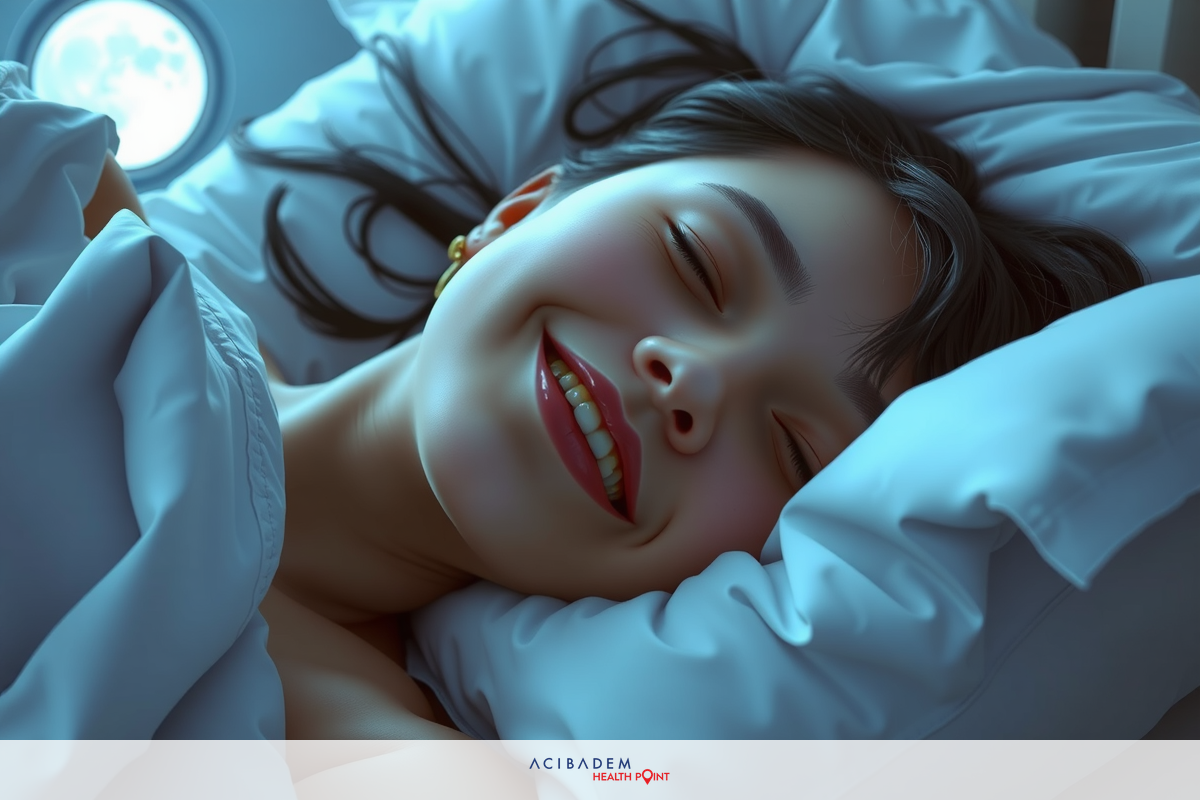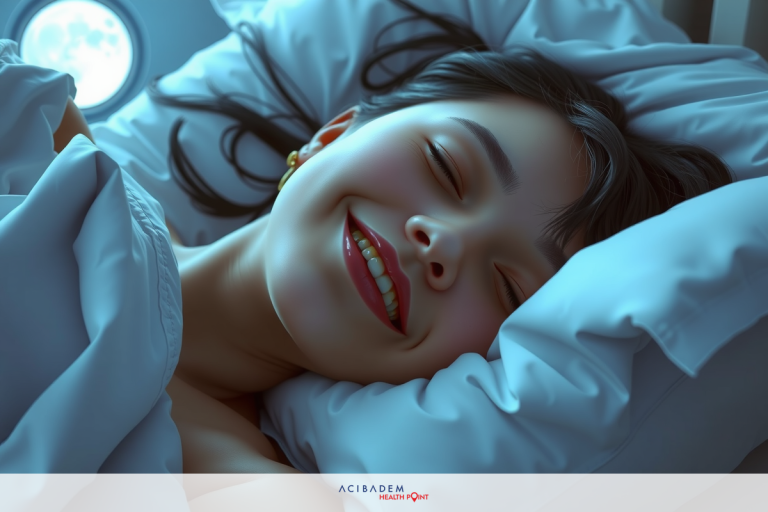Do You Need to Sleep More After LASIK Eye Surgery?
Do You Need to Sleep More After LASIK Eye Surgery? Sleep, often seen as a simple necessity for daily function, takes on an elevated role after undergoing LASIK eye surgery. It becomes not just about refreshing one’s mind and body but also vital in assisting the healing process. The question then arises – does one need more sleep than usual after this type of surgery?
While rest is undeniably important post-surgery, it is crucial to understand that quality trumps quantity when it comes to sleep. This means focusing not only on how long you sleep but also ensuring that your slumber is uninterrupted and deep enough for your body to repair itself efficiently.
Embracing good sleeping habits can make all the difference during recovery from LASIK eye surgery. From maintaining a consistent bedtime schedule to creating an optimal sleeping environment, each small step contributes towards achieving better quality sleep and thus promoting faster healing.
The Importance of Sleep for Recovery
Sleep is more than just a period of rest. It’s an essential function that allows our bodies to heal and rejuvenate, which is particularly crucial after procedures like LASIK eye surgery. During sleep, your body directs energy towards repair and recovery, mending damaged tissue at a cellular level. Thus, the healing process after surgeries such as LASIK can be significantly enhanced with appropriate amounts of good quality sleep.
In addition to physical restoration, sleep also provides cognitive benefits that aid in the overall recovery process post-LASIK surgery. A well-rested mind enables better stress management and mood regulation – factors known to impact healing positively. Furthermore, adequate sleep contributes to sustaining optimal immune function; this is indispensable in preventing infections and promoting faster recovery.
However, it’s not solely about the quantity but also about the quality of sleep you get during your recovery period from LASIK eye surgery. Achieving deep stages of sleep triggers the release of growth hormones responsible for cell reproduction and regeneration – processes vital for wound healing following surgery. In contrast, poor or interrupted sleep may limit this release resulting in slower or less efficient healing.
Recommended Sleep Duration
In the context of recovery from LASIK eye surgery, many patients ponder over the ideal sleep duration. While there is no one-size-fits-all answer given our individual differences, some general guidelines can help navigate this aspect of post-surgery care. The National Sleep Foundation recommends 7 to 9 hours for adults as a healthy average; however, during healing periods like after LASIK surgery, your body may require extra rest.
This additional need for sleep doesn’t necessarily imply longer consecutive hours spent sleeping but rather includes naps and relaxation periods throughout the day. Short power naps can be particularly beneficial in promoting alertness without affecting nighttime sleep quality or patterns—an essential factor in ensuring efficient bodily repair and restoration post-LASIK surgery.
One should also consider that while adequate sleep aids recovery after LASIK eye surgery, oversleeping might not necessarily lead to faster healing. Extended periods of uninterrupted sleep could potentially result in dry eyes—a condition best avoided by those recovering from any form of eye surgeries. Therefore, maintaining a balanced approach towards rest is vital—enough to support healing but not too much where it starts counteracting its benefits.
Tips for Quality Sleep
Achieving quality sleep after LASIK eye surgery can seem like a challenging task, especially considering the

discomfort or anxiety that may accompany the recovery period. However, incorporating certain habits and strategies can significantly enhance your sleep quality and consequently aid in faster healing.
The first step towards better sleep is setting up an optimal environment. Your bedroom should be quiet, dark, and cool to promote deep rest. Consider using blackout curtains or an eye mask to limit light exposure; these are particularly beneficial following LASIK surgery as your eyes may be more sensitive during the initial recovery phase.
Establishing a regular sleep schedule also plays a vital role in ensuring quality rest. Try going to bed and waking up at consistent times every day—even on weekends—to support your body’s internal clock (circadian rhythm). This consistency aids in achieving refreshing, restorative sleep which is crucial for post- surgery recovery.
Another important factor is limiting screen time before bedtime. The blue light emitted by phones, computers, or TVs can interfere with our natural sleep-wake cycle leading to poor-quality slumber—an unfavorable condition when recovering from any procedure including LASIK eye surgery.
Eating right also affects how well we sleep—avoid heavy meals close to bedtime as they might lead to indigestion disrupting your ability to fall asleep or maintain uninterrupted slumber throughout the night.
Lastly but importantly too—engage in relaxation techniques such as reading books or listening calming music before bed—they create conducive conditions for sounder and more rejuvenating rest needed after undergoing procedures like LASIK.
Frequently Asked Questions
How soon can I sleep after LASIK eye surgery?
You are generally advised to rest and close your eyes as much as possible on the day of the procedure itself. However, you might feel a bit of discomfort trying to fall asleep immediately post-surgery due to anesthetic drops wearing off.
Can I use sleep aids or medications if I'm having trouble sleeping post-LASIK?
Always consult with your healthcare provider before taking any new medication—including over-the-counter sleep aids—after undergoing LASIK surgery. They can best advise based on your overall health and specific recovery progress.
What precautions should I take while sleeping during my recovery period from LASIK eye surgery?
To prevent accidentally rubbing your eyes in sleep—which could harm the healing cornea—you may be advised to wear protective eyewear at night for a short period following the surgery.
Does napping count towards my total recommended hours of sleep after LASIK eye surgery?
Yes, naps can be beneficial in supplementing nighttime sleep especially when it comes to providing restorative benefits crucial for healing after procedures like LASIK.








